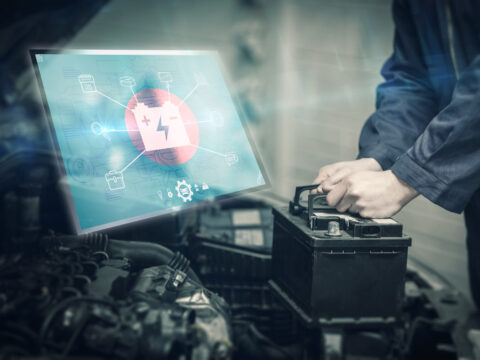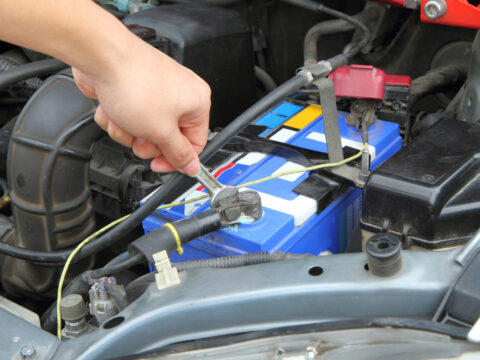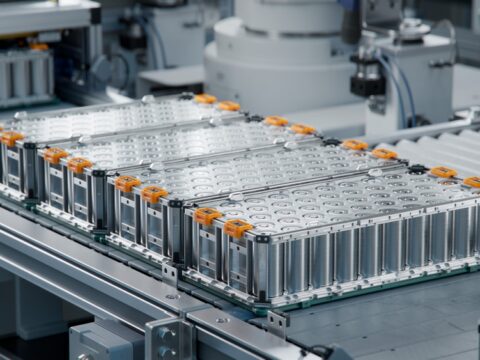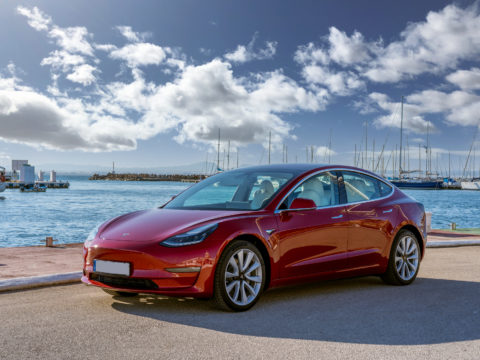Your car’s battery is an integral component of its electric system. Unsurprisingly, a weak or bad battery can cause many problems with your vehicle, which can make your car run rough. Notably, running rough and other issues caused by a weak or bad battery can compromise the vehicle’s safety, putting you in harm’s way.
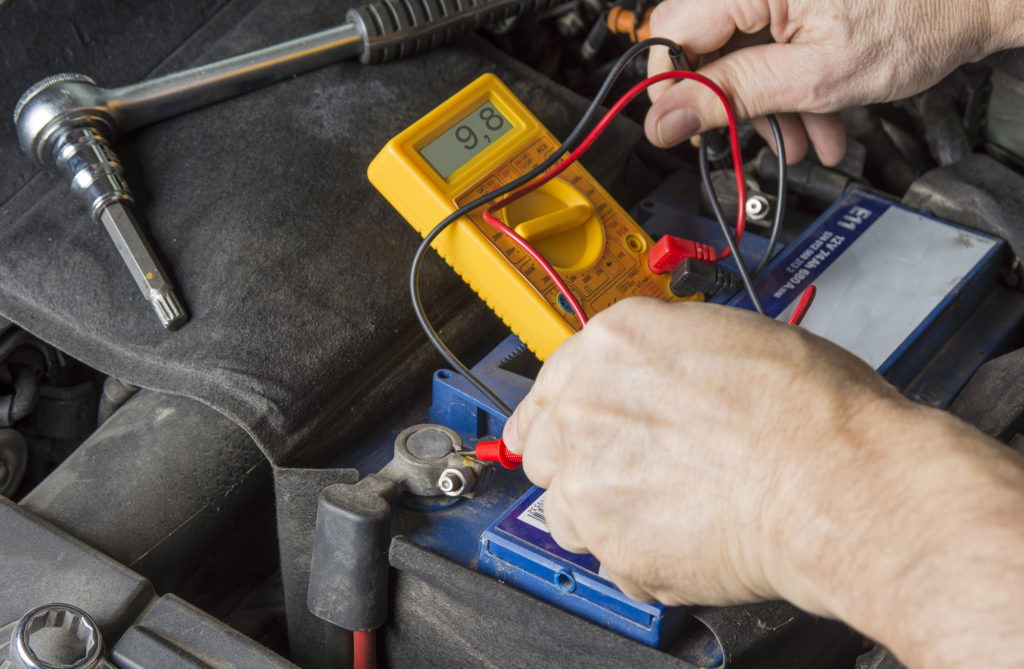
Here is a comprehensive overview of how a weak or bad battery can cause your car to run rough. You will also learn about the other effects of a bad battery on your vehicle and their solutions.
Contents
Can a Bad Battery Make an Engine Run Rough?
Yes, a bad or weak battery can make your car’s engine run rough. The engine running rough results from a combination of many other problems caused by a bad or weak battery.
A malfunctioning alternator is the main contributor to a car running rough because of a bad or weak battery. The alternator’s primary function is converting chemical energy from the battery to electrical energy. It then supplies the electric energy to power the vehicle’s electrical system and uses it to charge the battery when the car is running.
A weak or bad battery causes the alternator to work harder as it tries to compensate for the battery’s low voltage. The excess strain on the alternator causes it to malfunction repeatedly as it tries to balance the vehicle’s power demand and the battery’s insufficient power supply, causing various problems with the engine and other components and making it run rough.
What Problems Can a Weak Car Battery Cause?
The issues caused by a malfunctioning alternator (and other effects of a bad or weak battery) usually compromise the car’s overall performance – simply put, the car starts running rough. Below is a detailed overview of the individual problems that may cause your car to run rough, as a result of a bad or weak batter:
Shorter Alternator Life
The alternator overworks to keep up with the car’s power demands when the battery is weak or bad. The excessive strain reduces the alternator’s durability and lifespan. Ideally, the battery should always have more than 12V for the alternator to work properly.
Difficulties Starting
The battery’s main function is to start the engine, after which the alternator takes over the power supply functions. However, the engine requires minimum energy to crank up, and a weak or bad battery may not be up to the task. Consequently, you may experience the following problems when starting your car:
- Slow-cranking, whereby the car can take longer than usual to start.
- A clicking sound when starting.
- Automatic start/stop system failure.
Pressing the gas helps when your car fails to start properly because of a weak or bad battery. However, this is only a temporary solution, and your engine will eventually fail to start regardless of how hard you turn the key or press on the gas.
Electric System Failure
The battery powers the alternator, which, in turn, powers the car’s electrical system. Insufficient battery power makes the alternator malfunction, causing a range of electric system failures affecting the following electrical components:
- Power tailgate.
- Power door locks.
- Push-button ignition.
- Stereo and entertainment system.
- Power windows.
- Headlights.
- Alarm system.
Most notably, your car’s push-button ignition can fail to respond, and the headlights can dim or power off altogether. The car’s alarm can also go off spontaneously. Overall, it can feel like mayhem, and it is a significant contributor to the car running rough.
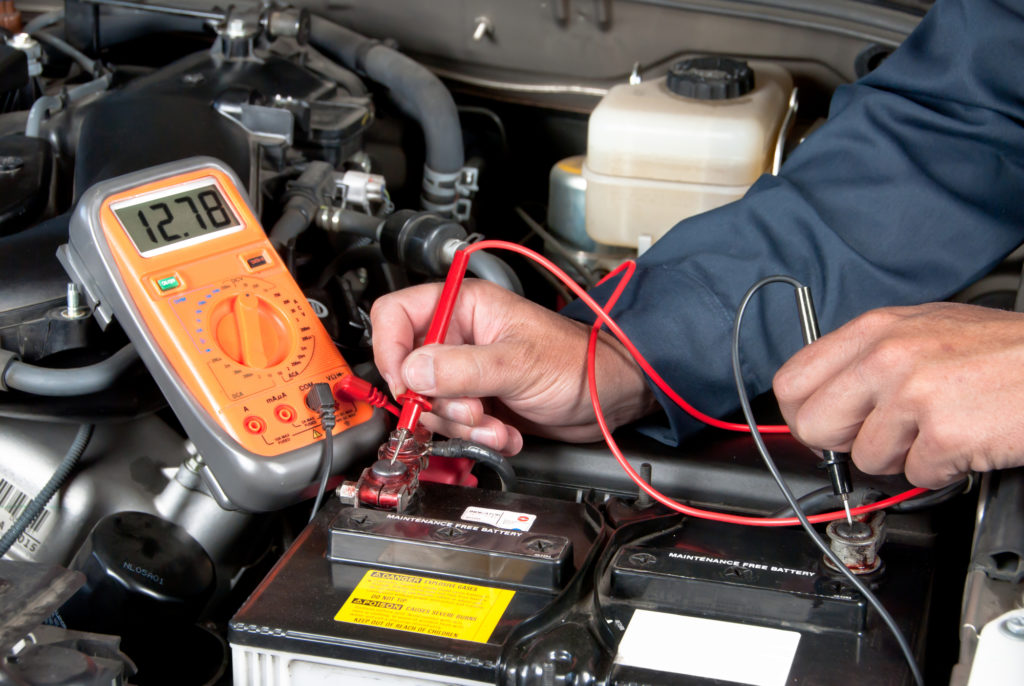
Shifting Failure
Electronic gear shifters use electronic signals to communicate with and control the transmission system. Unfortunately, insufficient power supply from the battery through the alternator can cause problems with this electric system, even where there is enough power to crank up the engine. Most notably, you can experience difficulties shifting your car in and out of parking mode.
Backfiring
Backfiring is unmistakable, and it can be scary. The battery causes sporadic sparks, causing fuel to accumulate in the cylinders and ignite with a loud and forceful bang. However, it is worth noting that a weak or bad battery is not the only cause of backfiring.
Weak Car Battery Symptoms
So, how can you tell whether your car battery is weak or bad? The following five symptoms are excellent indicators that your battery is weak, failing, or dead:
Warning Lights
The battery provides the power for your car’s electrical components, including the warning indicators. A faulty battery can make the warning indicators light up, even when there is nothing wrong with the individual components.
Low Battery Fluid
The fluid inside your car’s battery provides the chemical energy necessary for producing electric energy. Unfortunately, it evaporates gradually, reducing the battery’s energy capacity. Ideally, you should check and refill the battery’s fluids regularly.
Leaking or Bloating
The fluids in the battery cause sulfation buildup as it ages, making it appear swollen or bloated. The battery case can also break, causing the fluid to leak.
Defective Terminals & Connectors
Loose connections in the battery’s terminals can hamper the power supply to the alternator, making it appear as if the battery is weak or bad. Corroded connectors can also have a similar effect.
Foul Smells
There are many potential causes of foul smell inside your car, including a faulty battery. The fluid inside the battery smells bad, and it can stink up your car if the battery starts leaking.
Does a Weak Battery Affect Car Performance?
Yes, a weak or bad battery affects the car’s overall performance. Notably, the engine doesn’t get enough power from the alternator, limiting its speed, torque, and power. It is also worth noting that a faulty battery can increase the car’s fuel consumption rate, despite the poor performance.
Can You Fix a Weak Battery?
Fortunately, two reliable solutions to weak or bad car batteries are recharging or replacing. Essentially, a weak battery doesn’t have enough energy stored to power the car, necessitating a quick recharge. However, integral problems such as leaking and swelling are usually difficult to solve, so you may have to replace the faulty battery with a new one.

